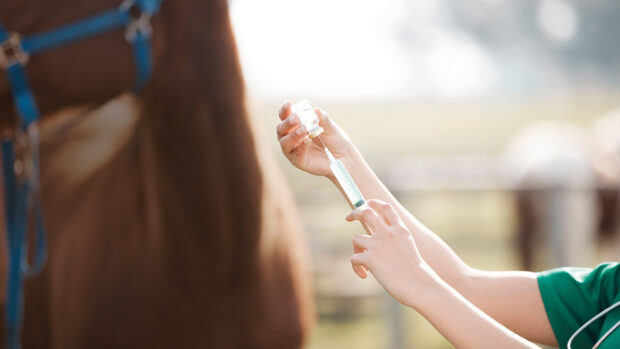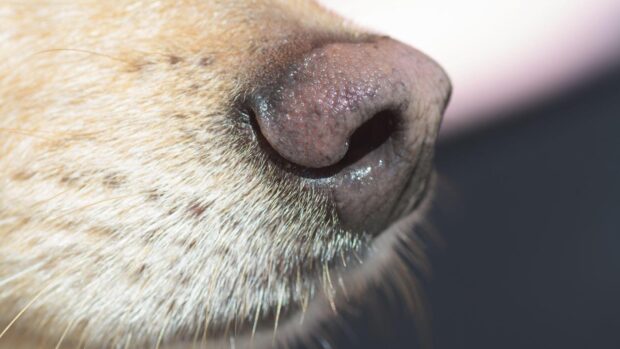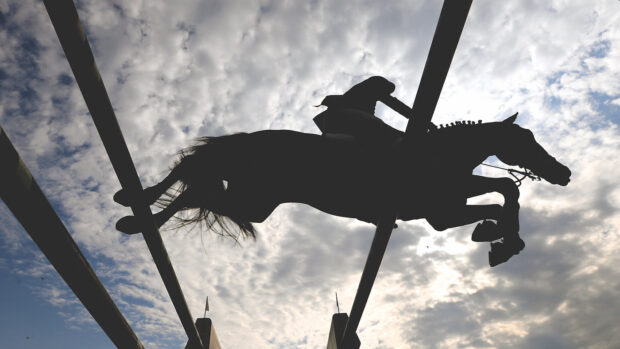With less than a month to go until the Olympic eventing begins at the Rio 2016 Olympics, Team GBR is being pro-active in its strategy to avoid accidental postive drug tests within the the British equestrian squad.
For Team GBR’s director of equine sports science and medicine John McEwen BVMS MRCVS, clean sport is both an equine welfare and sport welfare issue.
“The priority for me is the horse’s welfare,” said Mr McEwen, who was a British team vet for 40 years in the run up to London 2012. “Our horses do not choose their food or medication the way a human athlete can do.
“We have a duty of care to make sure the welfare of those horses is never compromised.”
Once riders have been selected, they are emailed information by Team GBR so they understand what actions might lead to an accidental positive test. In addition each British team horse will have pre-arrival tests (PAT), which involves a full-screen, ahead of the Games.
“We want people to take every precaution to prevent accidental positives,” said Mr McEwen. “Using a PAT screening system I think is an important step forward.
“Obviously we cannot do this for every event, but for major events like World Equestrian Games and Olympics, it is extremely useful.”
Under FEI and BEF rules, if a rider is worried their horse may still have a controlled medication in his system ahead of an event, they can choose to have him screened for up to four substances. This is known as “elective testing”.
Beijing 2008’s influence on 2016’s rules
Mr McEwen explained that the FEI took a “radical review” of its anti-doping processes and systems following a number of positive tests in equestrian sport at Beijing 2008.
The FEI sought advice from the World Anti-Doping Agency and began a shake-up of its system to make it clearer and easier to understand.
This led to the list system in place today and a drive to help educate riders and those involved with the care of the horses.
The FEI has two lists — controlled medications and banned substances.
Items on the banned substances list are prohibited for use on sport horses at all times.
Controlled medications are not allowed to be found in the horse’s system on competition days, but are commonly used in equine medicine.
Both lists contain the drug names as well as common brand names.
Mr McEwen also welcomed the steps forward that have been made in science and said testing equipment now is “more accurate than it ever has been”.
“As a team vet I am absolutely delighted we have technology evolving,” added Mr McEwen. “I think what has happened in my lifetime has been terrific.”
See this week’s Horse & Hound (7 July) — out now – for more on clean sport and anti-doping.
Where to find information?
- The FEI’s list of controlled medications and banned substances
- How a test works
- Groom Clean e-learning course
John McEwen is Team GBR’s director of equine sports science and medicine as well as the current chair of the FEI veterinary committee and heads its list and laboratory groups responsible for clean sport




